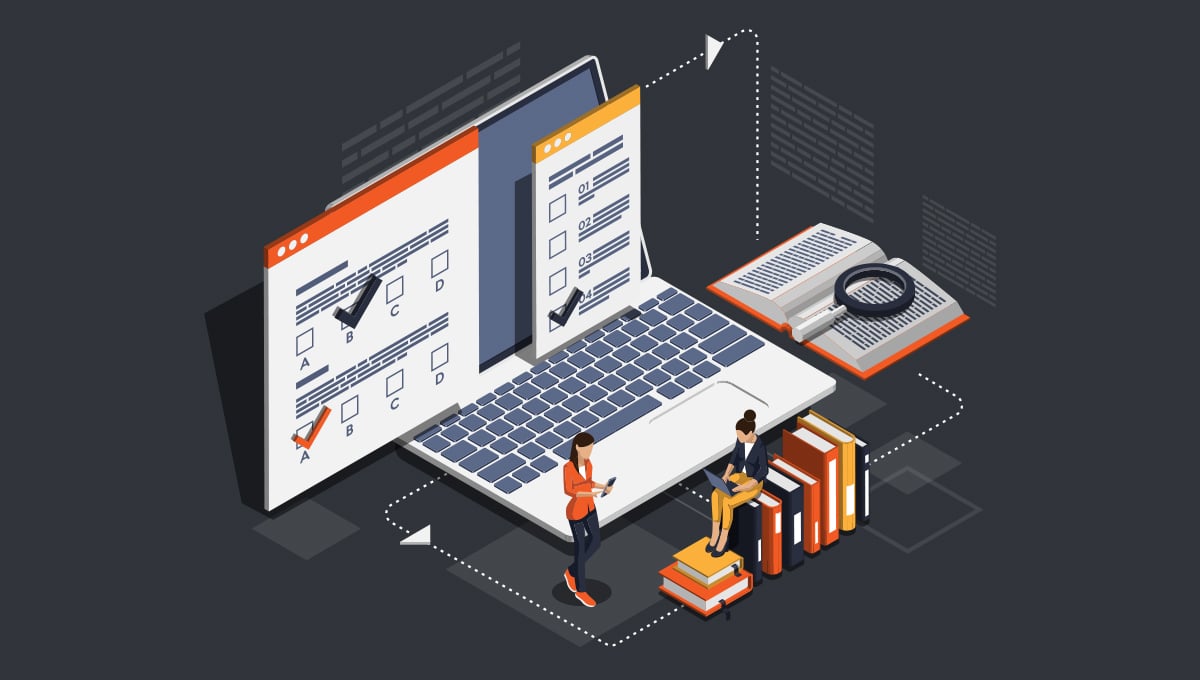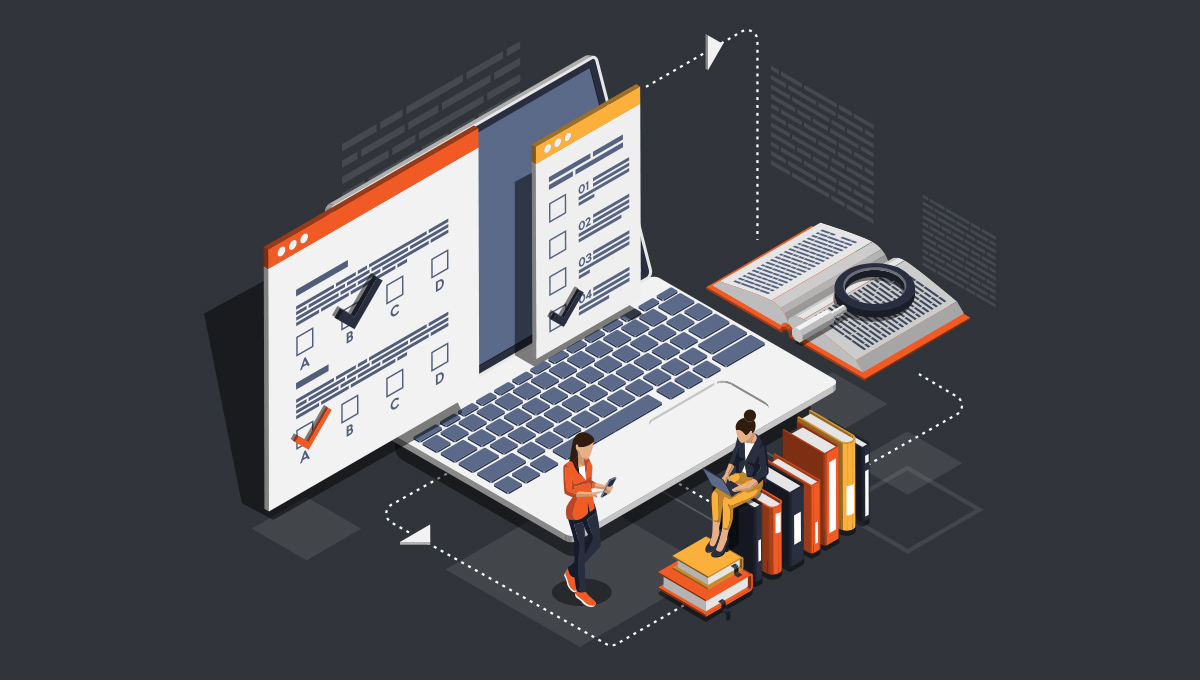
No matter how hard you try or how much you spend, you will never create a great employee experience until you build an excellent manager experience.
We’ve been following Gartner’s work in the manager experience since they published the research report, “The State of the American Manager”.
In their findings, we learned that:
- “… the manager accounts for 70% of the variance in employee engagement.”
- “Organizations fail to choose the candidate with the right talent for the manager job 82% of the time.”
- Yet, companies all over the world try to fix bad managers with training.
.png?width=585&name=MicrosoftTeams-image%20(35).png)
As the data shows, it’s never going to work.
The Impact of Manager Experience on Employee Experience
Managers shape the employee experience in every phase of the employee life cycle.
In fact:
- The quality of the manager is a top factor in attracting talent.
- Managers who take an active role in onboarding improve employee perception of the experience by a factor of 2.5x.
- Managers are responsible for 70% of the variance in employee engagement.
- Only two in 10 employees strongly agree that performance management motivates them to do outstanding work.
- Only 51% of employees leaving their jobs had a conversation about their engagement, development, or future in the prior three months.
Eventually, managers who don’t do a good job at every step of the employee journey will cause your company to lose good people to its competitors.
What L&D Can Do About Manager Experience
It may challenge you to think that you can influence a process you don’t control.
Nevertheless, you can have an impact if you take the right approach. You have much influence on what people learn.
To see what you can do, Let’s ask a few questions about the manager experience.
Hiring and Promoting Managers
As we have seen, Gallup’s research shows that most companies aren’t taking seriously the advice to stop promoting people on the basis of loyalty or performance as an individual contributor.
Getting old habits to change requires a culture change.
Try to find a chance to start an organization-wide discussion, led by HR.
You may find support in the frequency of manager failures or changes in performance for teams or group.
In other words, you will need to analyze data to back up your story.
To begin with, it’s a starting point in the journey to becoming a data-driven organization.
To that end, let’s ask ourselves some questions about predictive analytics in your organization.
- Do you promote people analytics in your course offerings?
- Are your course offerings in analytics limited to only analytics teams, or do you have learning paths for HR, managers, and executives?
- Do your executives, managers, and recruiters understand the value of predictive analytics in candidate selection?
Although you’re not “driving the bus,” you can tune up the engine.
Onboarding Managers
Too many organizations show managers the administrative nuts and bolts and expecting them to learn the “people stuff” by assimilation.
Managers are more or less left to fail or succeed on their own.
Still, you can have a significant influence on their approach to the job.
- Is your manager training “one and done,” or do you have an ongoing learning path of in-depth leadership development?
- Does each manager have specific learning objectives for the first 18 months on the job?
- Does each manager have a mentor? Is it a requirement?
Personal Development
Engaged managers have a significant impact on employee productivity.
For one thing, they can succeed if they are accountable for the performance of their people and have a support team in place to help them do that.
- Do you have an ongoing program of personal development, or is training only focused on managing others?
- Does every manager have a mentor and coach?
- Have you shown your executives the ROI of leadership development?
Employee Development
Modern learning technology has the potential to give managers all the tools they need to encourage their people to learn and grow. The satisfaction they gain from that experience will provide them with a boost, as well.
So, if your learning platform doesn’t provide these services, we recommend you consider a change.
Your managers are closest to their employees and need the opportunity to understand what their people want to learn and achieve.
Tools we think are essential include:
- Visibility into career paths in the employee’s job group and adjacent job groups with related skill requirements.
- Ability to use career paths that may be unrelated to the current role.
- A learning dashboard for the manager’s teams and direct reports gives a comprehensive view of each learner’s goals and progress.
- The ability to assign required training and track its completion.
- Online coaching and development tools that help the manager prepare for discussions.
- Accountability tools that track whether development and feedback discussions are progressing on schedule.
- A social learning platform that encourages peer-to-peer and manager-to-peer connections.
Your tools shouldn’t force them to manipulate data tables or spreadsheets.
In other words, every minute they spend analyzing and formatting data could be better spent. .png?width=560&name=MicrosoftTeams-image%20(32).png) Start a Fresh Conversation
Start a Fresh Conversation
We hope what we have presented here will get you thinking about using your tools and influence to build a better manager experience.
In the final analysis, what you do can have a profound effect on your organization.
Phenomecloud is a full-service technology company dedicated to helping clients solve business problems, improve the capability of their people, and achieve better results.




Leave a Comment